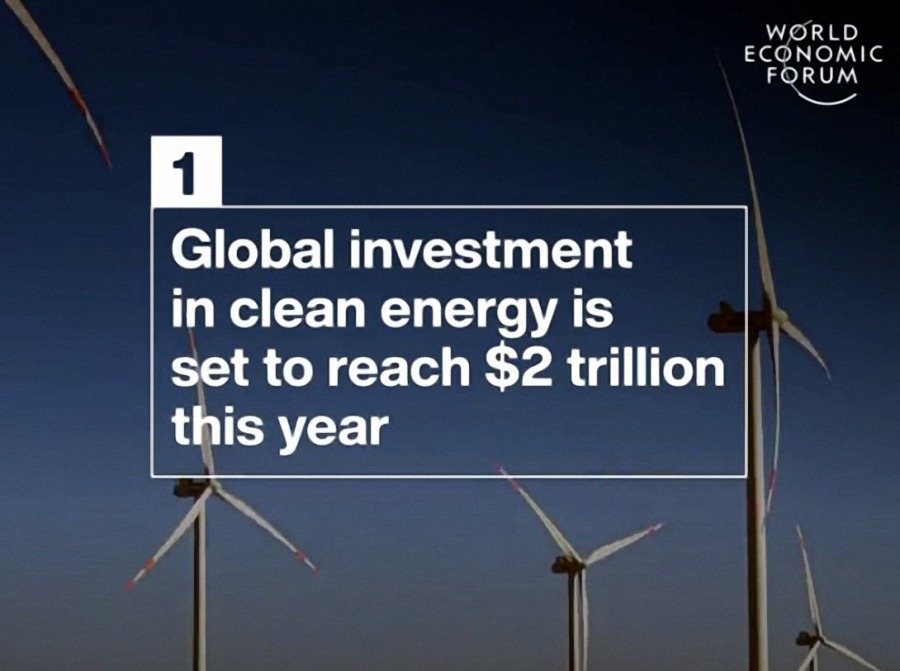
Africa has enormous wealth of key minerals for the global energy transition, such as copper, lithium and cobalt. Its population is expected to reach 2.5 billion by 2050, with its labour force almost doubling to 1.56 billion. To take advantage of its natural wealth, African governments and companies must push for industrial policies that go beyond mere resource extraction.
Currently, Africa exports large quantities of raw materials and then imports finished products at high prices. To reverse this trend, the continent needs to develop local industries, especially in green technology and battery manufacturing. The International Energy Agency (IEA) reported that global investment in electric vehicle (EV) batteries increased eightfold from 2018, reaching $150bn by 2023. The entire lithium-ion battery chain is expected to grow by more than 30% annually until 2030, when it could exceed $400bn.
Some countries are already moving in this direction. Morocco, for example, has attracted investments such as GOTION High-Tech's US$6.4 billion gigafactory for batteries, which will create 25,000 jobs. Zambia and the Democratic Republic of Congo are also exploring the creation of regional battery production centres.
Infrastructure and investment: keys to growth
Industrial development depends on adequate infrastructure, but Africa still faces deficiencies in energy, transport and logistics. Almost half of the population lacks access to reliable electricity. However, renewable energies could offer solutions. Hydropower in Congo and Zambia is already a key source, and projects such as the Inga High Dam could generate 40GW of electricity, boosting industrialisation.
In addition, decentralised models such as the Nuru metro-grid, backed by the International Finance Corporation, aim to provide electricity to 5 million people, establishing itself as the largest mini-grid system in sub-Saharan Africa.
Towards a green and inclusive future
Africa has the opportunity to industrialise without repeating the environmental mistakes of the past. Key to this is the promotion of renewable energy, responsible mining and efficient technologies. In addition, investments must benefit marginalised communities, women and youth, ensuring equitable development.
By capturing more value within the clean energy chain, Africa can raise living standards, reduce inequality and move towards economic self-sufficiency. With a young population and abundant resources, the timing is ideal for the continent to become a key player in the global energy revolution.
This article is part of Centre for Advanced Manufacturing and Supply Chains
Source: weforum.org 26/03/2025
